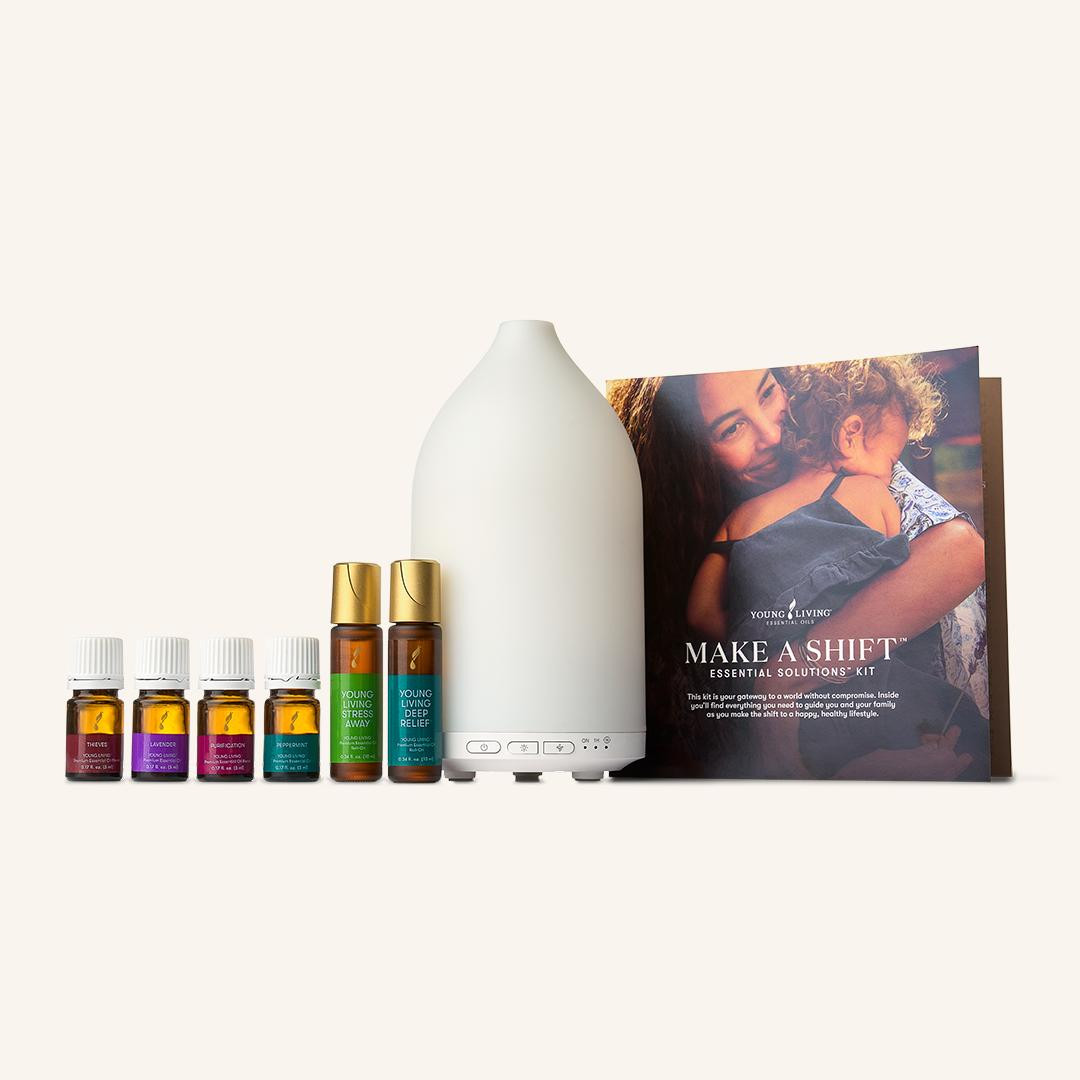
Essential oils, often regarded as nature's essence, have long been cherished for their multifaceted benefits to the mind, body, and spirit. These powerful oils, extracted meticulously from plants' flowers, leaves, roots, bark, and other parts, offer more than just delightful aromas; they are a treasure trove of therapeutic properties, unique to each botanical source. Essential oils can be used in various ways, each method offering distinct advantages.
Aromatherapy: Among the most popular uses, diffusing essential oils into the air creates a serene atmosphere, reducing stress and improving sleep quality. Lavender oil, renowned for its soothing scent, relaxes the mind for a peaceful sleep. Eucalyptus oil clears the mind and refreshes the senses.
Topical Application: Many essential oils can be applied directly to the skin to target muscle pain, skin conditions, and inflammation. Mixing with carrier oils like coconut or almond enhances their efficacy and ensures safe application. Peppermint oil, when diluted and applied, soothes sore muscles. Tea tree oil treats acne with its antimicrobial properties.
Household Use: Essential oils transform living spaces into healthier environments. Lemon and tea tree oils in homemade cleaners provide natural, effective alternatives to chemical cleaners, disinfecting surfaces and uplifting moods with their fresh scents.
Spiritual and Emotional Well-being: Essential oils play a vital role in spiritual and emotional health. Frankincense aids meditation and emotional balance, while rose oil promotes feelings of love and compassion.
Incorporating essential oils into daily life supports holistic health and wellness. However, it's crucial to exercise caution due to their potency. Proper education, skin tests, and healthcare consultations are recommended, especially for those with medical conditions, pregnant women, or breastfeeding mothers.
Despite their benefits, commercial essential oils face quality and purity issues. Many are adulterated or diluted, reducing therapeutic value and posing health risks. Industry regulation is lacking, making it challenging for consumers to assess quality and safety.
Sustainability and ethical sourcing are also concerns. Overharvesting and unethical practices threaten plant species and impact communities.
Consumers should research brands, sourcing practices, and commitments to quality and sustainability. Supporting transparent and ethical companies fosters a responsible essential oil market.
A great place to start is
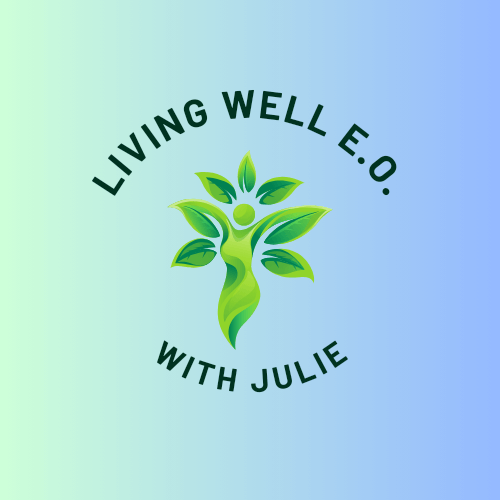


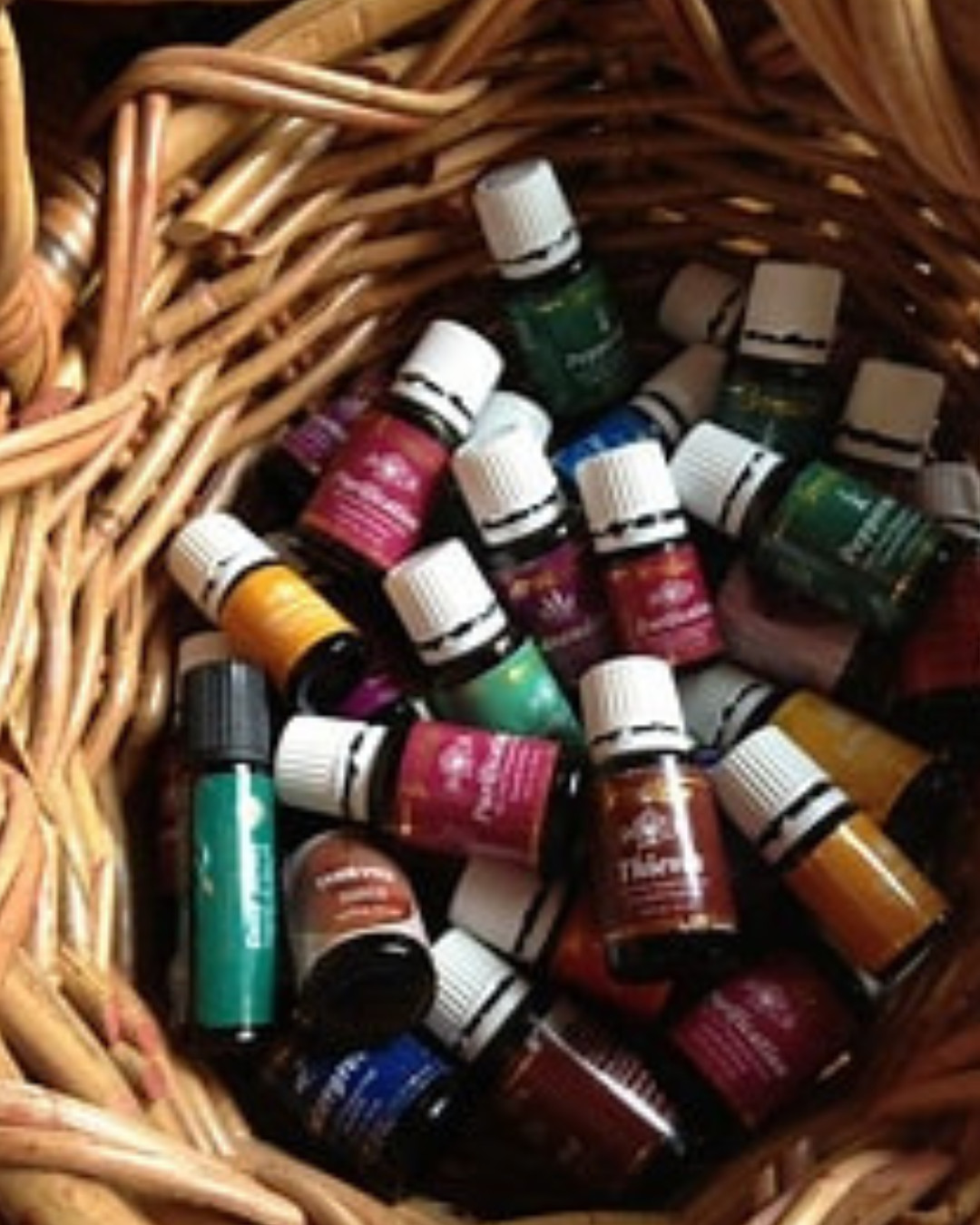


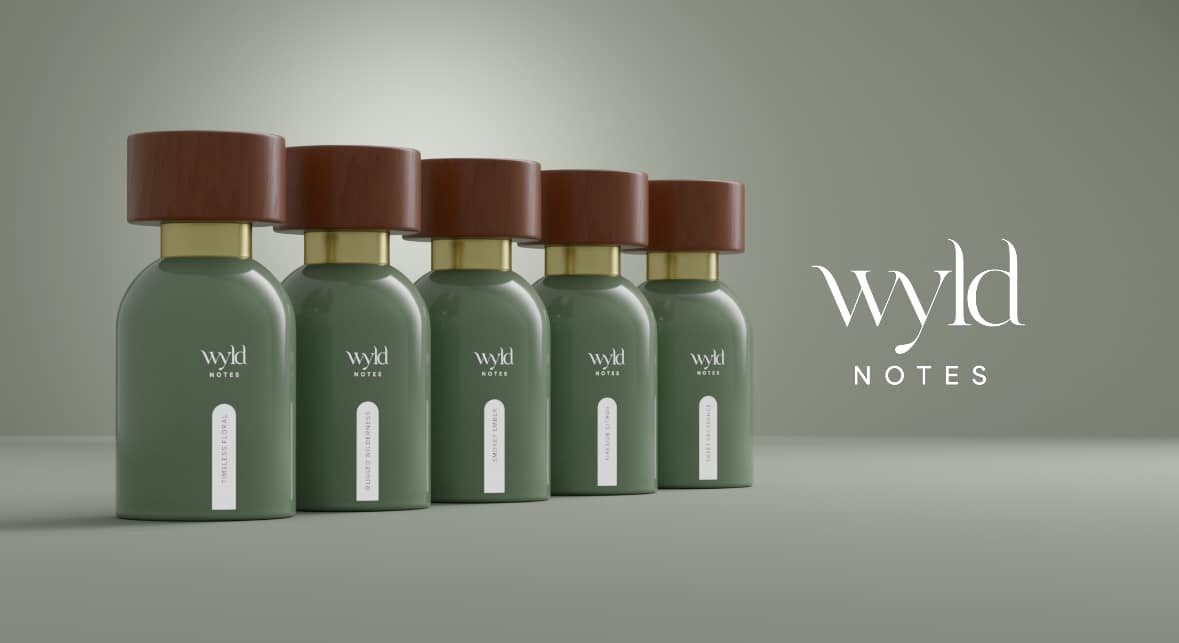

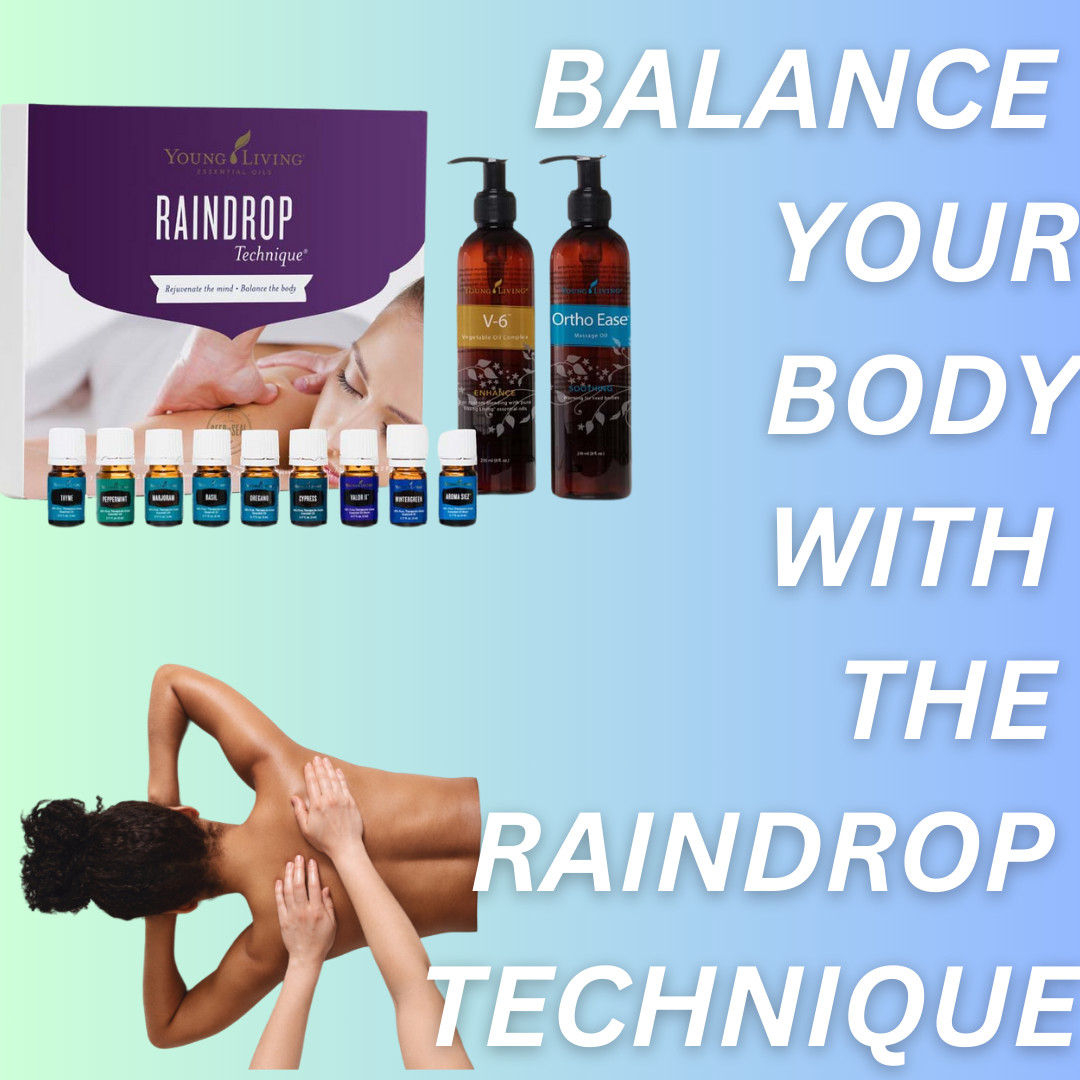


0 Comments